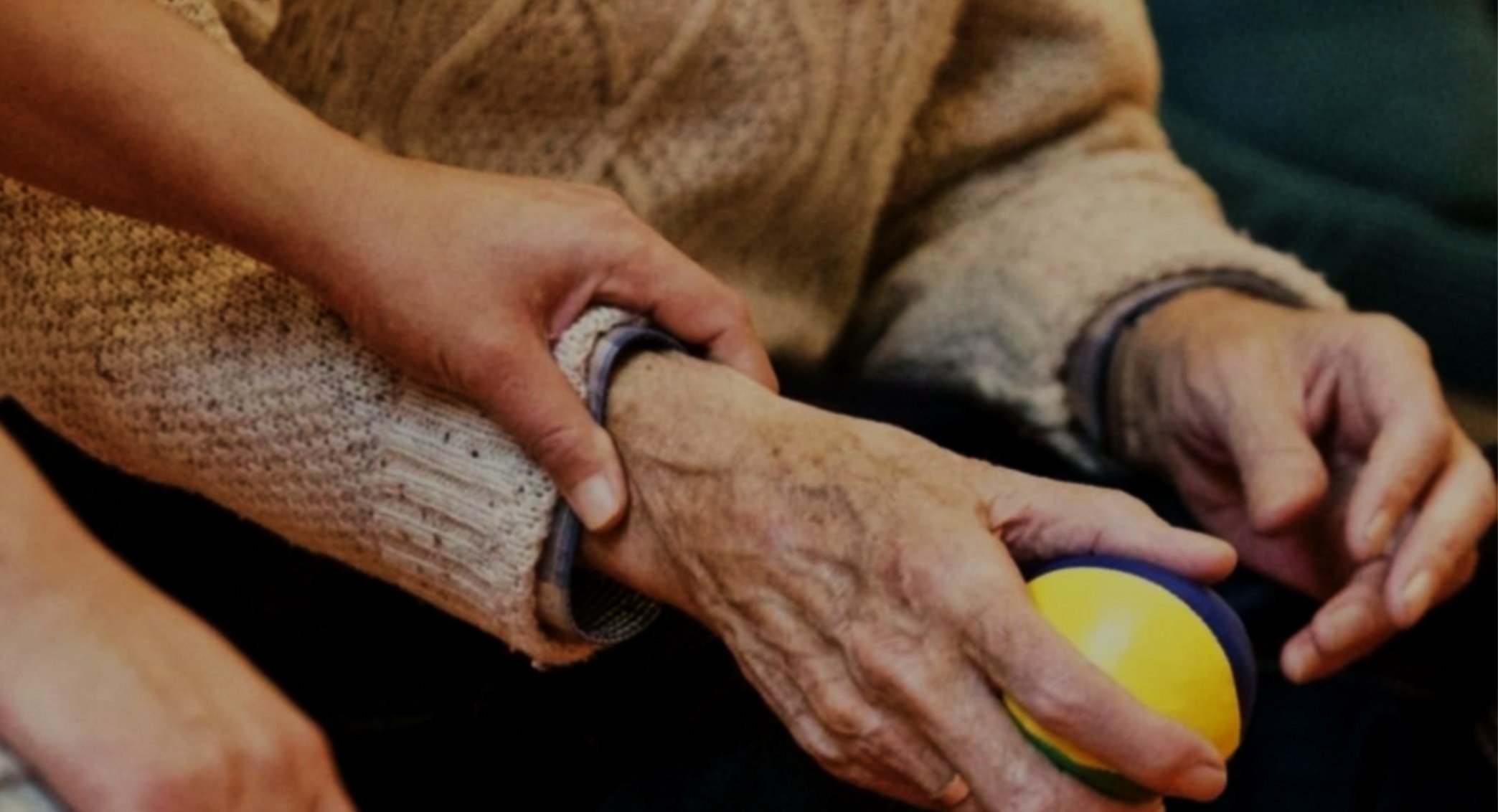
Helping Patients Tomorrow By Helping Patients Today
How BCM Helps Us All
All Stakeholders Benefit
BCM wants to give millions of patients access to advancements in drug development years or decades before current legislation permits, allowing biotech companies to conduct first-in-human studies based on patient consent and, most importantly, give medical professionals the right to treat their patients as they see fit..
Ethical Access
Medical advances are rapidly outstripping old technologies. In medicine there is an ethical obligation to deliver the best therapeutics in a timely manner. Do no harm, an honored part of the Hippocratic Oath, is commendable, but risk aversion does not always serve all patients.
BCM is constructing a database for patients, making it easier for people with terminal diseases to find resources. As a second step, we are working to become a clinical path to drug discovery that feeds human data to the regulatory system.
Patients Deserve Dignity
For decades legions of patients have fought to try new medicines, culminating in the Right to Try act; unfortunately, these laws do not cover newer and more precise genetic therapies which are not yetin clinical trials [6].
A new regulatory designation Regenerative Medicine Advanced Therapy (RMAT) addresses regenerative medicine but not early access for an exploding aging patient population (Section 3033 of the 21st Century Cures Act).

A Global Crisis
Approval and marketing of new drugs in the U.S. today costs about $2.6 billion; it takes, on average, over 12 years before they reach the people who need them.
Marino, M., Z. Jamal, and M.A. Siccardi, Pharmaceutics, in StatPearls. 2022, StatPearls Publishing Copyright © 2022, StatPearls Publishing LLC.: Treasure Island (FL).
It’s the law…
Unproven Interventions in Clinical Practice
“ In the treatment of an individual patient, where proven interventions do not exist or other known interventions have been ineffective, the physician, after seeking expert advice, with informed consent from the patient or a legally authorized representative, may use an unproven intervention if in the physician’s judgment it offers hope of saving a life, re-establishing health or alleviating suffering. This intervention should subsequently be made the object of research, designed to evaluate its safety and efficacy. In all cases, new information must be recorded and, where appropriate, made publicly available..”
WMA Declaration of Helsinki - Ethical Principles for Medical Research Involving Human Subjects



